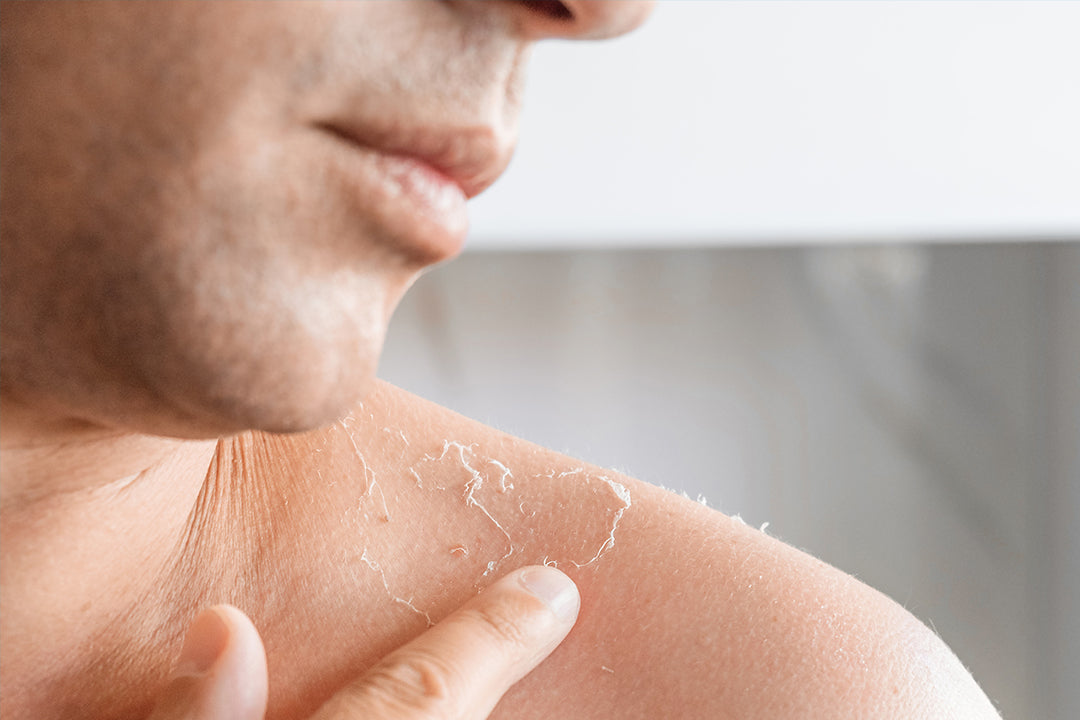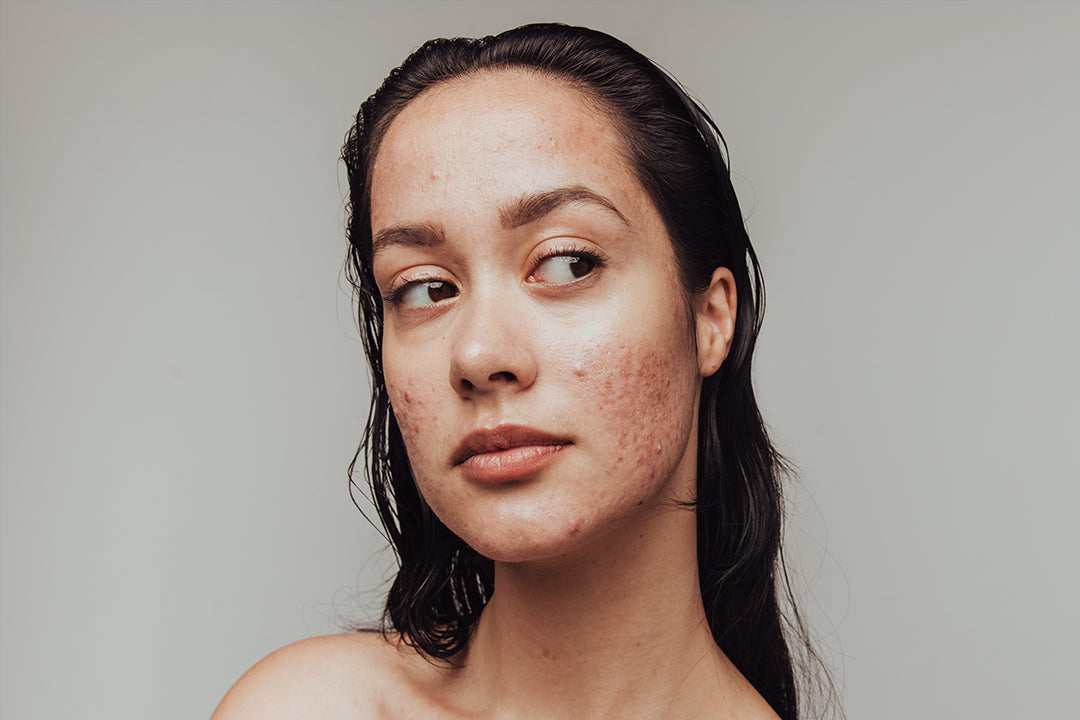Have you ever wondered if your skin is constantly renewing itself? Do humans get new skin? It's a common question, and the answer may surprise you. In this blog post, we'll explore the fascinating process of skin regeneration and uncover the truth behind this intriguing topic.
The Science Behind Skin Regeneration
Our skin is the largest organ of our body and plays a crucial role in protecting us from external factors. But how does our skin regenerate itself? The answer lies in the constant replacement of cells.
Every day, our body sheds millions of dead skin cells and replaces them with new ones. This process, known as skin regeneration, ensures that our skin stays healthy and functions properly. However, not all parts of our skin regenerate at the same rate.
Understanding the Rate of Skin Regeneration
The rate at which our skin regenerates depends on several factors. For example, the skin on our face and hands regenerates more quickly compared to the skin on our arms and legs. This is because these areas are exposed to more environmental stressors and need to be constantly replenished.
On average, it takes about 28 to 30 days for our skin to complete a full regeneration cycle. During this time, new cells are produced in the deepest layer of our skin called the basal layer. These cells then migrate upwards, pushing out the old, dead cells to the surface of our skin.
The Persistence of Scars and Tattoos
One of the most intriguing aspects of skin regeneration is the persistence of scars and tattoos. If our skin is constantly renewing itself, why do these marks remain?
Scars and tattoos are formed in the dermis, the second layer of our skin. When the dermis is damaged, such as from a cut or injury, the body initiates a repair process. During this process, collagen fibers are produced to heal the wound, resulting in a scar. Unlike the top layer of our skin, the dermis does not regenerate as quickly, which is why scars can persist indefinitely.
Tattoos, on the other hand, involve the injection of pigments into the dermis layer. These pigments are taken up by immune cells called macrophages, which then become trapped in the dermis. Because the dermis does not regenerate as quickly as the top layer of our skin, the tattoo remains visible.
The Importance of Supporting Skin Regeneration
Now that you understand the process of skin regeneration, you may be wondering how to support and enhance this natural process. QRxLabs offers a range of skincare products that can help promote skin regeneration.
One key ingredient in our products is glycolic acid, which is known for its exfoliating properties. By gently removing dead skin cells, glycolic acid helps to stimulate the regeneration of new, healthy cells. It can also improve the appearance of scars and hyperpigmentation.
Another powerful ingredient is retinol, a form of vitamin A. Retinol can accelerate cell turnover and promote collagen production, leading to smoother, more youthful-looking skin. It can also help fade scars and reduce the appearance of wrinkles.
Squalane, a natural moisturizer derived from olives, is another ingredient that can support skin regeneration. It helps to replenish the skin's lipid barrier and lock in moisture, promoting a healthy, radiant complexion.
In addition to these ingredients, QRxLabs offers a wide range of products, including cleansers, toners, serums, and moisturizers, to address various skin concerns such as pigmentation, redness, and anti-aging.
Takeaways
So, do humans get new skin? Yes, our skin is constantly renewing itself through the process of skin regeneration. However, the rate of regeneration varies across different parts of our body. Scars and tattoos can persist because they are formed in the deeper layers of our skin, which do not regenerate as quickly.
If you're looking to support and enhance your skin's natural regeneration process, QRxLabs offers a range of skincare products with powerful ingredients like glycolic acid, retinol, and squalane. These products can help promote cell turnover, improve skin texture, and address various skin concerns.
Frequently Asked Questions
1. How long does it take for our skin to renew?
The skin renewal process takes about 28 to 30 days on average.
2. Can scars and tattoos ever completely disappear?
While scars and tattoos may fade over time, they may never completely disappear due to the nature of the deeper layers of our skin.
3. What other ingredients can support skin regeneration?
In addition to glycolic acid, retinol, and squalane, ingredients like niacinamide and salicylic acid can also support skin regeneration.
4. Are QRxLabs products suitable for all skin types?
Yes, QRxLabs offers products that are suitable for all skin types, including sensitive skin.
5. Are QRxLabs products free of parabens and silicones?
Yes, QRxLabs products are completely free of parabens and silicones, making them a safe and sustainable choice for your skincare routine.









